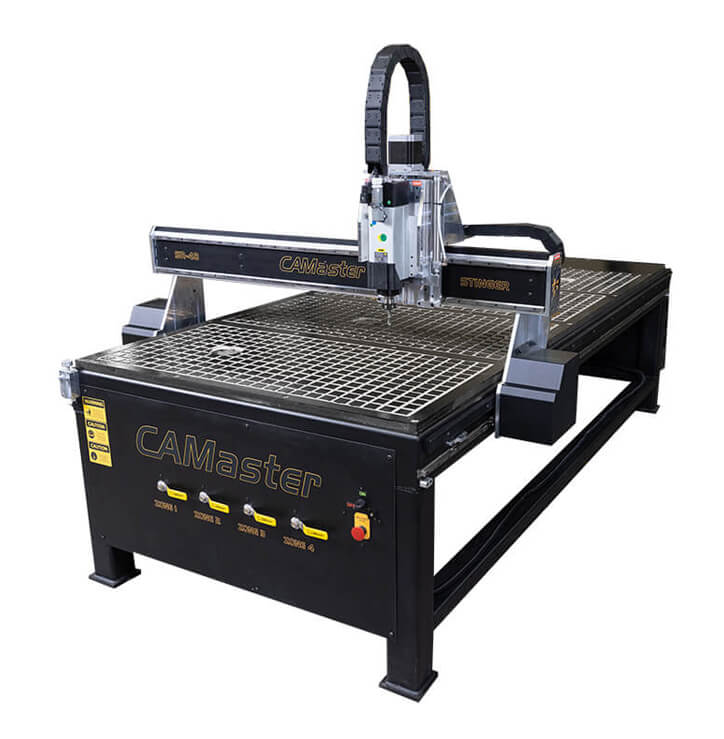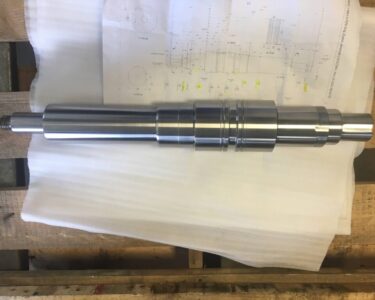In today’s fast-paced manufacturing landscape, efficiency, precision, and flexibility are paramount. Enter the CNC production router, a powerful tool that is transforming the way industries approach production. This article delves into the significance of CNC production routers and explores how heavy duty CNC machining is shaping the future of manufacturing.
What is a CNC Production Router?
A CNC (Computer Numerical Control) production router is a sophisticated machine used to cut, carve, and shape materials with high precision. These routers are equipped with computerized controls that guide the cutting tool along predetermined paths, ensuring accuracy and consistency in every cut. Unlike traditional routers, CNC production routers can handle complex designs and large volumes of work with minimal manual intervention.
Key Features of CNC Production Routers
- Precision and Accuracy: CNC production routers are known for their ability to produce high-quality, precise cuts. The computerized control system ensures that each cut is executed with exact measurements, making them ideal for intricate designs and detailed work.
- Versatility: These routers are capable of working with a variety of materials, including wood, plastic, and metal. This versatility makes them suitable for various applications, from furniture making to aerospace components.
- Efficiency: CNC production routers can operate continuously and handle large production runs without compromising quality. This efficiency translates to faster turnaround times and reduced production costs.
- Automation: With automated controls, CNC routers minimize the need for manual adjustments and supervision. This automation not only speeds up the production process but also reduces the likelihood of human error.
Advantages of Heavy Duty CNC Machining
Heavy duty CNC machining refers to the use of CNC machines designed to handle demanding tasks and materials. This type of machining offers several benefits:
- Increased Load Capacity: Heavy duty CNC machines are built to handle larger and heavier materials, making them suitable for industrial-scale projects. This capability allows for the production of robust and durable components.
- Enhanced Durability: The construction of heavy duty CNC machines is often more robust, ensuring they can withstand the rigors of high-volume production. This durability translates to a longer lifespan and reduced maintenance costs.
- Improved Cutting Performance: These machines are equipped with powerful motors and advanced cutting tools, enabling them to achieve superior cutting performance even on tough materials. This enhanced performance contributes to higher quality finished products.
- Greater Precision: Despite their heavy duty nature, these machines maintain the precision and accuracy of standard CNC routers. This precision is crucial for producing parts that meet stringent specifications and quality standards.
Applications of CNC Production Routers
CNC production routers are used across various industries, including:
- Woodworking: For crafting furniture, cabinetry, and intricate wood designs.
- Aerospace: To produce precision parts and components with high accuracy.
- Automotive: For manufacturing parts and prototypes with complex geometries.
- Signage: To create detailed and customized signage solutions.
Conclusion
CNC production routers represent a significant advancement in manufacturing technology. Their precision, versatility, and efficiency make them indispensable tools in modern production environments. Coupled with the benefits of heavy duty CNC machining, these routers are setting new standards for performance and reliability. As industries continue to evolve, embracing CNC production routers will be key to staying competitive and meeting the demands of the future.
Incorporating CNC production routers into your manufacturing process can lead to enhanced productivity, improved product quality, and greater overall efficiency. For those looking to revolutionize their production capabilities, investing in a CNC production router is a step toward achieving excellence in manufacturing.




